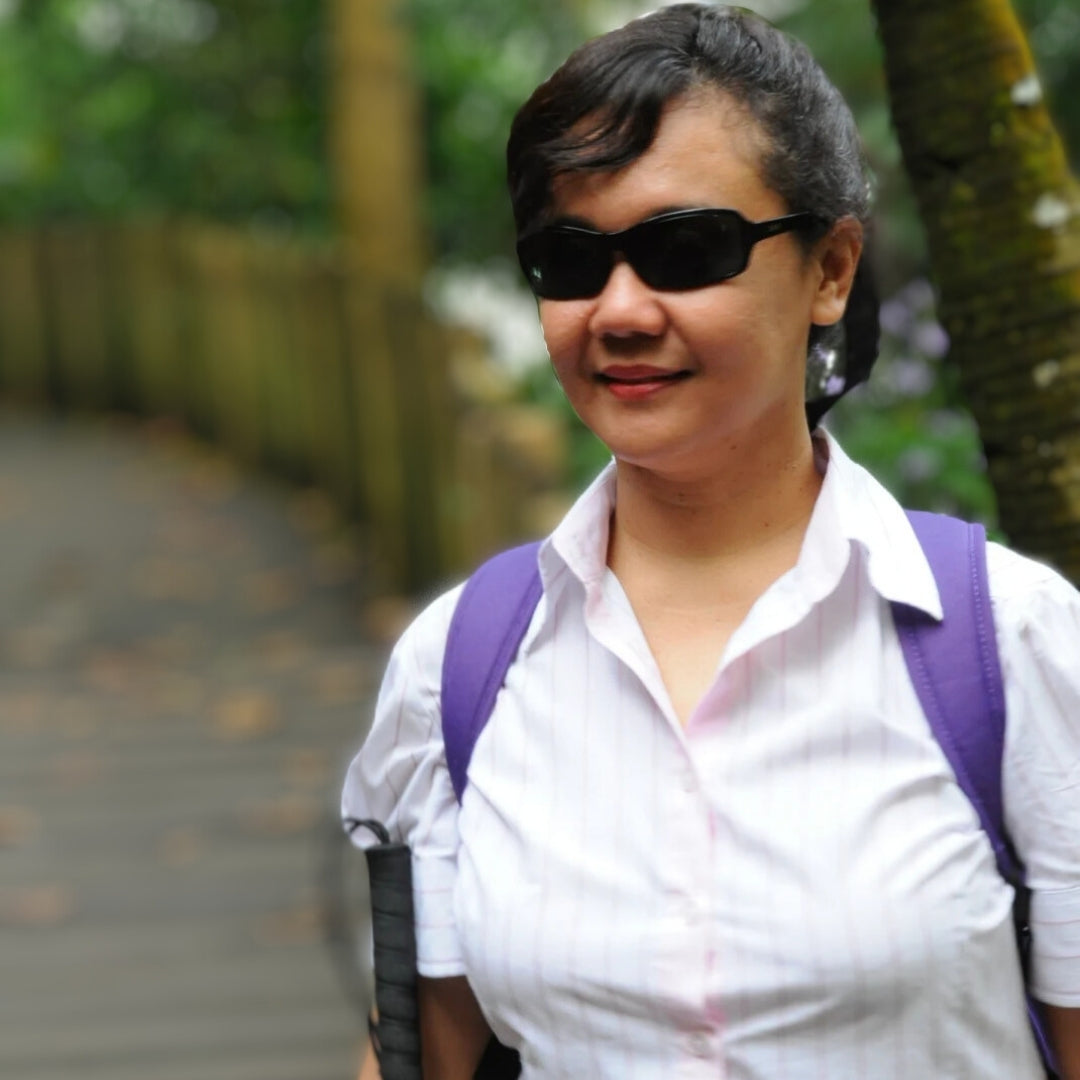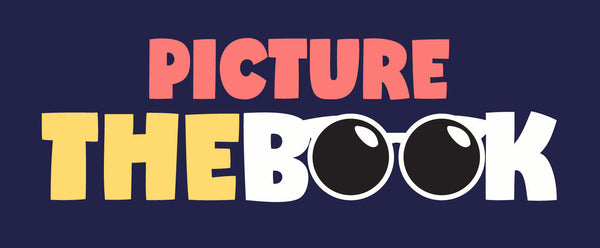
Sunglasses at Night: More Than a Fashion Statement
Sunglasses at Night: More Than a Fashion Statement
For those living with blindness and light sensitivity, they’re protection against light and vertigo
Vertigo hit me in a car once, brought on by sunlight glaring through the window—so fierce the whole world seemed to spin out from under me. On 1 November 2022, on my way to SG Enable at Redhill in Singapore, the dizziness struck so hard that when the taxi driver helped me to a stone bench in the lift lobby, I couldn’t even stay seated. I knew I would collapse and hit my head if I stayed there, so I lowered myself to the floor, curled up, and waited for the spinning to subside.
An hour passed before I could sit up and be eased into a wheelchair, and another hour lying on a sofa before it became clear the spinning wasn’t going away anytime soon. My friend eventually drove me to my mum’s. Unfortunately, the vertigo persisted for another four hours.
That day was the worst vertigo episode I’ve ever had. Unlike a headache or even a migraine—where you may still be able to function—vertigo leaves you unable to stay upright, much less walk or work. It strips away control in a way that’s hard to grasp until you’ve lived it.
It left me shaken, but it also taught me something important: sunglasses can sometimes prevent an attack before it even begins.
In my previous post, I wrote about a lamb born with rings around her eyes—her own built-in “sunglasses.” People noticed her because of how she looked. But for those of us living with blindness and light sensitivity, sunglasses aren’t about appearance. They can mean the difference between stability and hours of vertigo.
In the ’80s, Corey Hart had a smash hit, “Sunglasses at Night.” For me—and for many others who are blind or visually impaired—sunglasses at night, in glaring daylight, or under harsh indoor lights aren’t for style. They’re for stability.
When Light Turns Against You: Living with Photophobia

With photophobia, light doesn’t always illuminate. Sometimes, it feels like an assault:
• Sunlight bounces off a windshield, burning like white fire.
• Fluorescent aisles pulse like strobe lights.
• Overhead bulbs flicker until the room tilts.
The toll goes far beyond discomfort. It’s dizziness and vertigo that can stop you in your tracks.
Blindness Isn’t All or Nothing: Why Sunglasses Help with Light Sensitivity
People often ask, “If you’re blind, why do you need sunglasses?” The answer is that blindness isn’t always darkness. Some of us may see only shadows, or make out shapes and patches of light, or see just enough to be overwhelmed by brightness.
Light sensitivity doesn’t vanish with vision loss. It still does a good job of disorienting us. For many, sunglasses at night or indoors make the world bearable.
Isn’t Night Dark Enough? Why Sunglasses Still Matter After Sunset
After sunset, relief isn’t guaranteed:
• Train stations blaze with fluorescents and LEDs.
• Billboards flash and flare without pause.
• Rows of ceiling strips hum long after dark.
• Desk lamps glow as harsh as floodlights.
In these moments, the right pair of sunglasses works like a dimmer switch, lowering the intensity just enough to make it possible to move through the space without strain.
How Sunglasses Prevent Vertigo and Light Sensitivity Triggers
Sunglasses do more than dim the world; they steady it. By softening harsh contrast, they ease visual load and reduce the mixed signals that can unsettle the balance system. Vertigo often builds gradually—a flicker here, a flash there—until the body can’t cope. Filtering early interrupts the spiral.
In practice, they help you:
• Reduce contrast strain.
• Filter small triggers.
• Restore control and confidence.
Much like carrying an umbrella, sunglasses are simple to keep on hand. You won’t need them every moment, but when the light turns hostile, they can save you from hours of nausea.
The Best Sunglasses for Photophobia: Cheap vs. Expensive

Not all sunglasses provide the same level of help. The right pair depends on your sensitivity, the environment, and your lifestyle:
• Wraparounds block side light.
• Polarized lenses cut glare from glass, water, or metal.
• Tinted filters adjust—amber for indoors, grey for strong sun, yellow for low light.
• UV protection shields like sunscreen for your eyes.
• Fit-overs slip over prescription lenses.
And what about cost? Do cheap sunglasses work just as well? The answer is yes—if they’re properly certified. A pair labeled UV-400 or 100% UVA/UVB protection can be just as effective as something sold at ten times the price. What matters most is the protection, not the price tag or the logo on the side.
But there is a caution here: dark lenses without UV protection can make things worse, because they allow the pupils to widen while still letting in harmful rays. So whether you choose a budget option from a pharmacy or invest in a designer brand, the key is certification.
Many people keep more than one pair and rotate as needed—for outdoors, indoors, and nighttime.
The right pair can be life-changing for anyone living with light sensitivity.
Beyond the Glare: Sunglasses and Dignity
Another reason I wear sunglasses has nothing to do with light. It’s about dignity. Since becoming visually impaired nearly 30 years ago, I’ve lost the ability to fixate. In other words, I can no longer hold my gaze. If you ask me to look you in the eye, first, I wouldn’t know for sure where your eyes are. And second, even if my eyes happened to find yours, I wouldn’t be able to hold eye contact for more than a few seconds.
I don’t even know when my eyes “roam”—they just won’t sit still, no matter how hard I try. Sunglasses save me from making the people I’m talking to uncomfortable. And they save me from a lot of embarrassment.
We notice the world often pauses at what can be seen —
Like a lamb born with rings around her eyes. But for those of us living with sensitive eyes, what matters most is not appearance but experience. Sunglasses give us back something priceless—our balance and confidence.
So now you know why some blind people wear sunglasses at night, outdoors, indoors —
Every waking, light-filled moment. For people living with blindness and light sensitivity, sunglasses are true friends who may sometimes be the only thing standing between us and hours of vertigo.

If this story helps you see sunglasses differently, please share it. Every bit of awareness makes the world easier to navigate for those of us with sensitive eyes.
